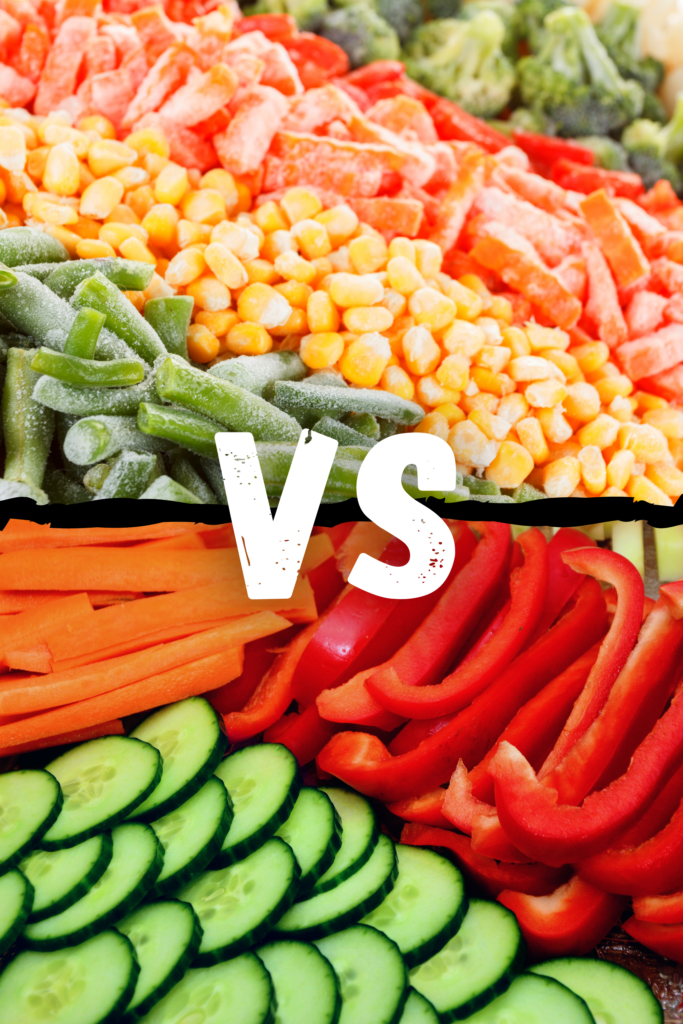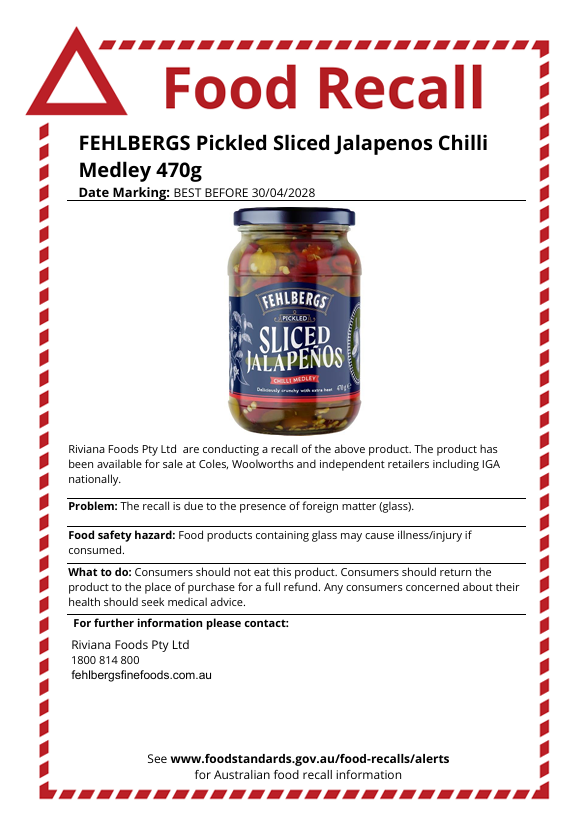If you’re serious about cutting down on food waste within your venue, it might be time to rethink the way you look at frozen fruit and vegetables.
There is a common misconception that frozen vegies are inferior to fresh, but this isn’t necessarily the case. Especially when it comes to nutritional value.
There’s plenty of factors that can affect the nutritional value of produce, from how certain foods are cooked to the time it takes to reach the plate from the farm. The Dieticians Association of Australia say:
“Fresh food, particularly when eaten in season is great, but frozen and canned foods are good alternatives – equally nutritious, and really convenient, with long shelf lives if stored correctly.
When fruit and vegetables are snap frozen after picking, the nutrients are ‘frozen in’ during the process. This means that chances are you will find just as many vitamins in a frozen vegetable as a fresh one.”
Another thing to consider, is dietary fibre. Fibre content will deteriorate slowly, more slowly than vitamin content. If you’re stocking fresh, you can store for up to a week before your fibre levels are dramatically reduced but equally, freezing doesn’t have any effect on fibre content.
According to ABC News, preparation is key (but we’re sure you know this already). How you cook your vegetables is often far more important than whether they’re fresh or frozen.
The Dieticians Association of Australia explains that “Boiling fruit and veggies of any type (fresh, frozen, or canned) in large amounts of water for a long time can lose a lot of their nutrients as they are leached into the water. But vegetables and fruits that are lightly steamed will retain much more of their nutrients.”
Health and nutrition have become big selling points for venues across Australia, with an increased interest in wellness from the consumer. So, it’s important to understand that in the case of fruit and veg, frozen doesn’t necessarily mean ‘bad’.
The other benefit of frozen veg is storage and convenience. With the impact of the pandemic, venues need to be more careful with how they estimate demand from week to week. Frozen fruit and veg can allow for simplified ordering and less food waste.
If your venue has its own garden, that’s great! As much of the issue with fresh comes down to deterioration from travel, an onsite garden takes care of this. But in most situations, that garden isn’t available and in that case, it is worth considering the potential of frozen fruit and veg. If you’d like to check out Riviana Foodservice’s full list of products, click here.

